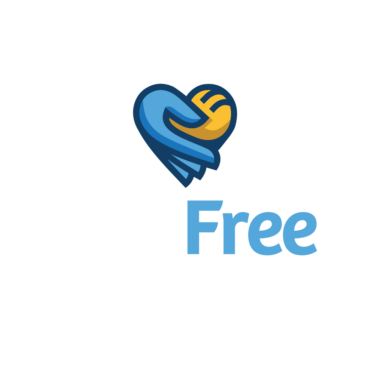Veterinary CareWithout All the Stress
At Amberglen Pet Care, we believe in creating a calm and comfortable environment for our furry patients. Our clinic uses Fear Free certified practices to minimize stress for pets during visits. This certification means that our team has received education and training in Fear Free handling techniques, stress-reducing practices, and compassionate care.
Like all Fear Free certified clinics, we are dedicated to creating a calm and comfortable environment for pets, minimizing stressors, and using techniques to help pets feel safe and relaxed during their visits. This may include using pheromone diffusers, providing soothing music, using gentle handling techniques, and offering treats and positive reinforcement.
With Fear Free practices, we're able to reduce fear, anxiety, and stress in pets, which leads to better experiences for both pets and their owners. Fear Free certification demonstrates our commitment to providing high-quality, compassionate care that prioritizes the emotional well-being of animals.
By recognizing the signs of fear, anxiety, and stress, and working with a vet who prioritizes your pet's emotional well-being, you can help your furry friend have a happier and healthier life.

How to Prepare for Your Visit
Pet owners can help their pets by preparing for a veterinary visit with a few simple and straightforward steps. Start by ensuring your pets are comfortable with their carriers or travel crates. Familiarize them with the car ride by taking short trips around the neighborhood.
On the day of the visit, you can also consider bringing along favorite toys, treats, and comfort items to help your pet feel at ease. Whether it’s your pup’s first wellness check-up or a follow-up visit for your senior cat, being prepared helps our team to ensure each appointment is Fear Free.
Prior to your pet's appointment, we would love to learn more about what they like and dislike. The information on this form will help create a positive association for them so future visits can go as smoothly as possible.
If you or your pet has food allergies, please let us know, and be sure to bring plenty of their snacks with them. Food rewards are one of the easiest ways for us to build a positive relationship with our pet patients. It can also be helpful to bring them to us when they are a little hungry.
Fear Free QuestionnaireA Trip to the Vet Shouldn't Be Scary
Fear, anxiety, and stress can all have a big impact on a pet's well-being. These emotions can manifest in physical and behavioral changes, and all of that anxiety can even cause health problems. It's important to catch signs of distress early so you can help your pets feel their best.
What is fear, anxiety, and stress in pets?
- Fear is a response to a specific threat, like loud noises or unfamiliar people. It triggers a "fight or flight" response, making hearts race and pupils dilate. Often fear compels pets to defend themselves or run away.
- Anxiety is a more general worry, with pets showing distress more consistently around certain triggers, such as pets who have separation anxiety or a fear of thunderstorms.
- Stress is the body's response, and it can be caused by fear, anxiety, or other factors like loud noises, unfamiliar environments, or changes in lifestyle.
What are signs I should watch for if I think my pet might be anxious?
- Body Language: Look for tucked tails, flattened ears, dilated pupils, excessive panting, pacing, hiding, or trembling.
- Vocalization: Whining, howling, hissing, or excessive meowing can all be signs of distress.
- Changes in Behavior: Loss of appetite, litter box avoidance in cats, or destructive behavior can indicate stress.
Contact us today to learn more about our low-stress, Fear Free approach to veterinary care.

